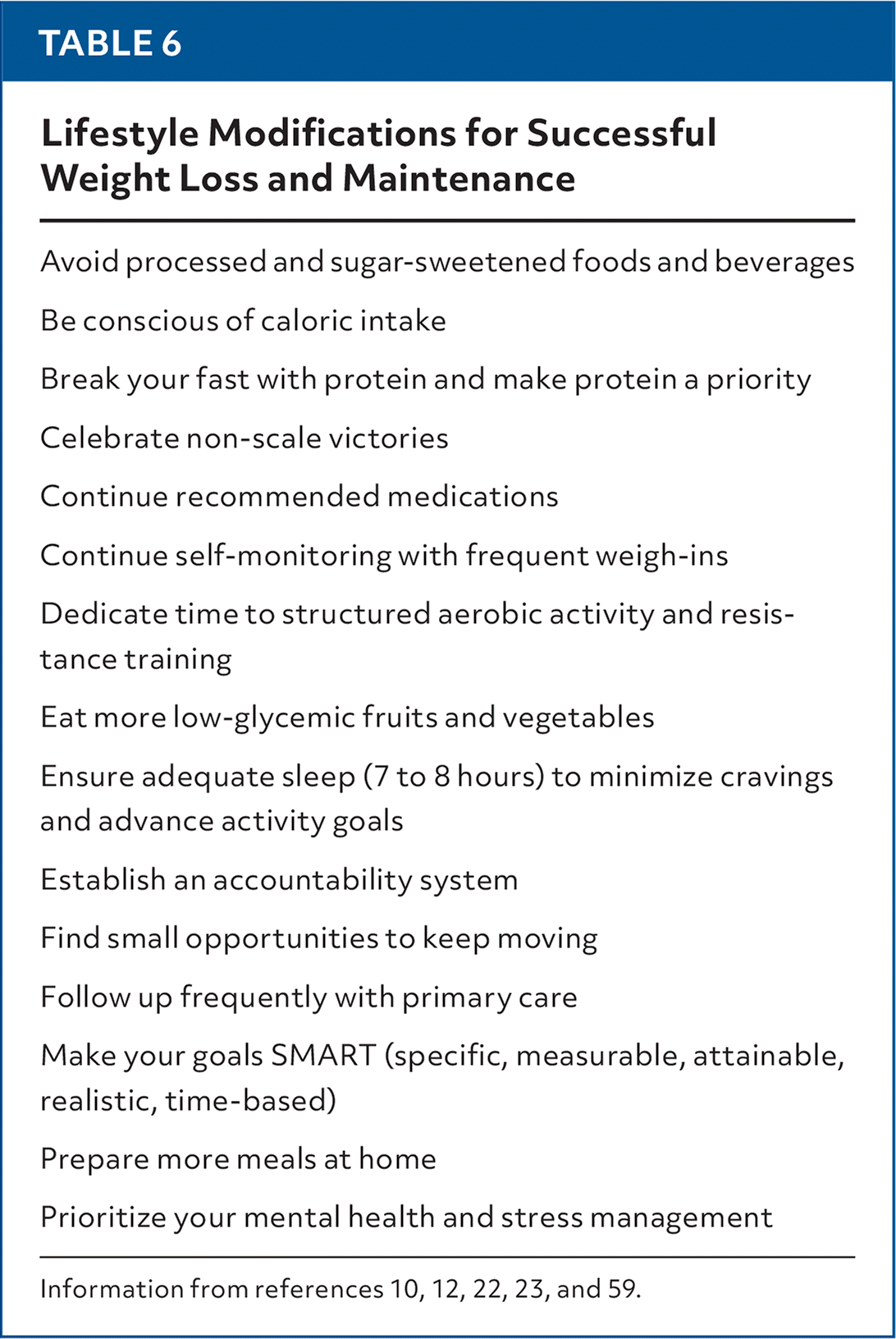Continue using Alli responsibly, as directed, for the duration prescribed by your doctor. This forms a crucial foundation for lasting results.
Adopt a balanced, calorie-controlled diet. Focus on whole, unprocessed foods. Here’s a sample plan:
- Increase your intake of fruits and vegetables to at least five servings daily. Choose lean protein sources like chicken breast, fish, and beans. Select whole grains over refined grains. Limit sugary drinks and processed foods. Maintain a food diary to track your caloric intake and identify areas for improvement.
Incorporate regular physical activity into your routine. Aim for at least 150 minutes of moderate-intensity aerobic exercise or 75 minutes of vigorous-intensity aerobic exercise per week. Consider this schedule:
30 minutes of brisk walking, five days a week. Two days of strength training, focusing on all major muscle groups.
Prioritize adequate sleep. Aim for 7-9 hours of quality sleep each night. Sleep deprivation can negatively impact your metabolism and increase cravings.
Manage stress effectively. Chronic stress can lead to overeating. Explore relaxation techniques like meditation, yoga, or deep breathing exercises.
Seek support from a registered dietitian or a certified personal trainer. They can provide personalized guidance and accountability to help you stay on track.
Regularly monitor your progress and adjust your plan as needed. Weigh yourself weekly and track your measurements. Don’t be discouraged by occasional setbacks; adjust your strategy and keep moving forward.










